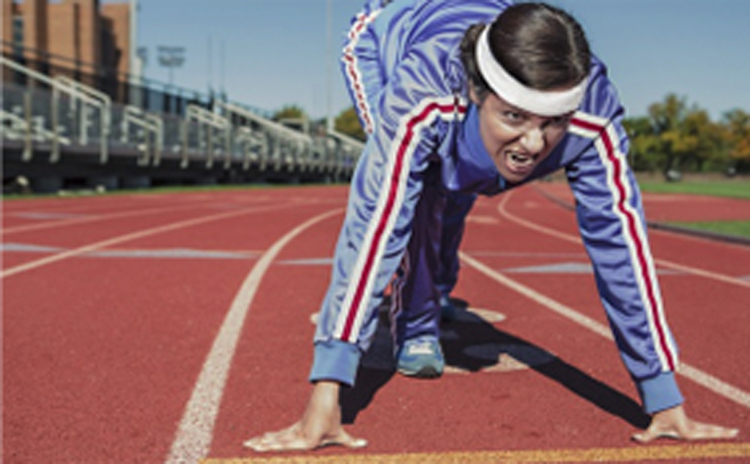
Every year, millions of Americans resolve to improve their health by committing to new fitness regimens for the New Year. As tempting (and admirable) as it is to jump into a new routine head first, there are some very basic principles that any beginner athlete should stick to in order to avoid injury, stave off burnout, and get the most out of that new outlook. The following are our tips for new athletes:
Start Small
As we wrote last week, setting realistic fitness goals is the first step toward a successful campaign. Even if your ultimate goal is to run a marathon, you should start small by committing to a few 5K races, or even just a few leisurely one-mile jogs prior to those. For new athletes especially, shocking your body from one extreme to another can result in injury. Consider buying a fitness tracker or downloading an app, which can be great tools to help you gradually work towards a bigger fitness goal.
Experiment!
Especially if you’re new to this whole fitness thing, there’s no need to pigeonhole yourself just because you think you’d enjoy a certain activity. Sticking just to one exercise might lead to boredom, and a failed resolution. Plus, once you do the same activity for 6 to 8 weeks, your muscles begin to adapt to it, burning fewer calories and building less muscle even though you’re doing the same amount of work. Especially as a beginner, try to diversify your workouts — it’ll encourage better overall fitness and you’ll have a better chance of finding an activity you can commit to for the long haul.
And if you’ve already found an activity that you just can’t get enough of, consider using interval training (alternating between fast and slow paces) during that activity, or working in additional strength training and cardio exercises like swimming, cycling, or kickboxing.
Get Doctor’s Approval
Long periods of inactivity can take a toll on your body, which is why it’s important to talk to your doctor before beginning any intense exercise routine. If you have any chronic health problems, take medication, are a man over age 45 or a woman over 55, consider getting a doctor’s OK before you start your regimen. Even with your doctor’s approval, work up to your desired level gradually to avoid injury and burnout.
Eat and Drink for Energy and Recovery
All of these new activities are probably going to burn a bunch of extra calories and speed up your metabolism a bit. So as you embark on this new era of you, remember to compensate for the extra activity in your diet. Be sure to eat something healthy every few hours, including the standard three meals a day. Before your workout, have a snack that’s high in quality carbohydrates, like fruit or yogurt. Afterwards, replenish with a mix of healthy carbs and protein. (For specific ideas on the best post-workout foods, be sure to check out our full blog post on workout nutrition.)
And of course, hydrate! Ideally with water instead of sports drinks, which tend to be high in sodium. To prevent dehydration or heat stroke, try to drink 2 to 3 cups of water before each workout, and another cup every 20 minutes until you’re done exercising.
The last tip we have for beginner athletes? Follow us on Facebook or Twitter and be sure to bookmark our blog, where you’ll find regular updates for fitness enthusiasts and casual athletes alike!
